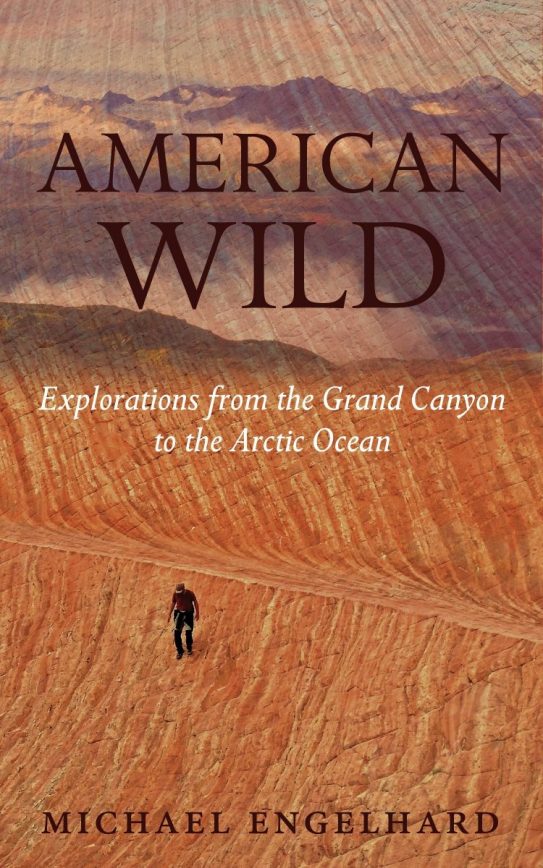I already am wearing her mark, a paw-print tattooed on my thigh. Down in Tucson, twenty-some years ago, cooped up in a ranch job, I tried to invoke wildness with this ink stencil-totem. I’ve had a bearish streak since childhood—bearish moods and manners combined with a blockhead—that only worsens as I age. If you’ve seen bachelor bears out and about after six months of denning, you know what I mean. My hair is gray now; I could pass for a silvertip. But my beard, though bushy, is only a shadow of grizzly hirsuteness, and my sense of the land pales next to theirs. I regret not speaking their language, not knowing what they dream about in the winter. I rate my trips by how many bears we encounter. Still, smitten with them for decades, I don’t want to be smitten by one.
But what I want or don’t want does not matter right now. Chaos is calling the shots.
This really is happening, I realize, as she charges across the invisible line that would normally stop or deflect her. It is time to loose a red pepper cloud. I press the can’s trigger and, with a dragon’s hiss, a burning jet hits the bear squarely in the face. She veers off less than ten feet from me. (From American Wild: Explorations from the Grand Canyon to the Arctic Ocean, by Michael Engelhard)
Torn between two “soulscapes”—the canyon country and Alaska—the author has roamed both for twenty-five years. En route he has suffered snowstorms, boat-flips, heat, injury, bobcat tamales, upset raptors, charging grizzlies, the Park Service, heartbreak, hungry mosquitoes, and honeymooners from abroad. His ongoing fascination with Glen Canyon and the Arctic Refuge, and by extension the Colorado Plateau and Alaska, owes much to the dynamics these two places represent: the conflict between hubris and awe, between greed and restraint, between myopia and conservationist vision. A self-professed Luddite and “fence sitter” by profession and inclination, Engelhard admits to having always rooted for the underdog, for Manuelito over Kit Carson, for coyotes over Chihuahuas, for Trickster over the trinity, black widows over Black Diamond. That contrast, to him, is the essence of these American wilds. Above all, this new collection speaks of one man’s desire to see natural wealth and our stories about it preserved.
Michael Engelhard’s beautifully crafted book, dedicated to opposing lands of extremes, is an intricate weaving of poetic language and luscious imagery, of reverence and outrage, of intellect, humor, and wit. At times a Zen-like docent of the land, at others a curmudgeonly sage in the Abbey tradition, Engelhard doesn’t just show you around the wild places he hopelessly loves, he takes you deep into their souls, sharing the senses they evoke and the ancient stories embedded
—Debra McKinney, co-author of Beyond the Bear
Alternately profound, funny, and enlightening, Engelhard manages something rarely even attempted in outdoor literature: stories focused not on the death-defying prowess of the adventurer, but on the wild glory of place.
—Erin McKittrick, author of Small Feet Big Land and A Long Trek Home
Michael Engelhard works as a wilderness guide in Arctic Alaska and holds an MA in cultural anthropology from the University of Alaska Fairbanks. His books include Where the Rain Children Sleep: A Sacred Geography of the Colorado Plateau, four anthologies of outdoors writing, and the forthcoming Ice Bear: The Cultural History of an Arctic Icon (University of Washington Press). His articles have appeared in Sierra, Outside, Audubon, National Wildlife, National Parks, High Country News, and the San Francisco Chronicle. After living in Nome and Cordova, he relocated to Fairbanks again because he missed the Interior’s summers too much.

